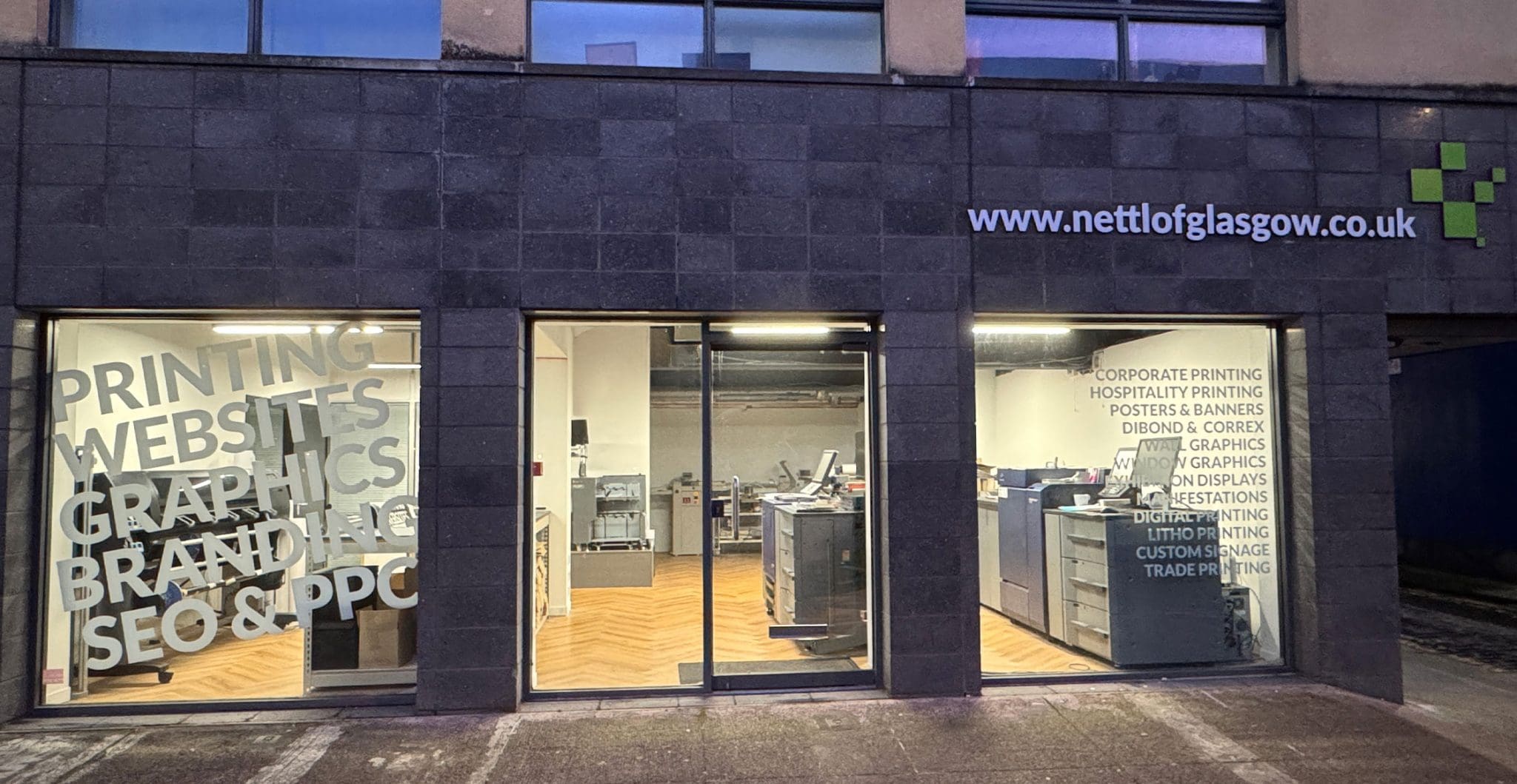Search Engine Optimisation (SEO) is an ever-changing landscape, continually adapting to advancements in technology and user behaviour. As we look ahead to the future, it’s essential for businesses and marketers to stay ahead of the curve. In this blog post, we will explore the potential evolution of SEO and discuss what to expect in the coming years, empowering you to shape your digital strategies for continued success.
1. Voice Search Revolution
The rise of voice-enabled devices and virtual assistants has already begun to reshape the SEO landscape. In the coming years, voice search is expected to become even more prevalent, impacting how people interact with search engines. As a result, businesses will need to optimise their content for conversational and long-tail keyword phrases to cater to voice search queries effectively.
2. Mobile-First Indexing
With the majority of online searches now conducted on mobile devices, search engines have shifted their focus to mobile-first indexing. In the future, this trend will only intensify, making mobile optimisation a top priority for SEO. Websites that provide a seamless mobile experience will rank higher, while those that neglect mobile optimisation risk losing visibility in search results.
3. User Intent and AI-driven Search
Search engines are becoming increasingly sophisticated in understanding user intent. Artificial Intelligence (AI) algorithms can interpret user queries and provide more relevant search results. In the coming years, businesses will need to focus on creating high-quality content that aligns with user intent, delivering valuable information and addressing user needs effectively.
4. E-A-T and Expertise, Authoritativeness, Trustworthiness
Google’s emphasis on expertise, authoritativeness, and trustworthiness (E-A-T) has already impacted how websites are ranked. Moving forward, E-A-T will continue to be a crucial ranking factor. Businesses will need to establish themselves as industry experts, provide accurate and trustworthy information, and build authoritative backlinks to boost their SEO performance.
5. Video and Visual Search Optimisation
The popularity of video content is on the rise, and visual search technology is rapidly advancing. To stay competitive, businesses will need to optimise their video content for search engines, including video tags, descriptions, and transcripts. Additionally, visual search optimisation will require businesses to use descriptive alt text for images to improve discoverability.
6. Featured Snippets and Zero-Click Searches
Featured snippets and zero-click searches have changed how users interact with search results. These formats provide quick answers without requiring users to click through to a website. Businesses will need to optimise content to increase the likelihood of appearing in featured snippets, as well as explore ways to drive traffic and engagement even without direct clicks.
7. Hyperlocal SEO for Local Businesses
For local businesses, hyperlocal SEO will become increasingly crucial. As search engines become better at understanding local intent, businesses will need to focus on optimising their content for specific localities, leveraging Google My Business, and cultivating positive customer reviews to improve local search rankings.
Conclusion
The future of SEO promises to be exciting and challenging for businesses worldwide. As technology advances and user behaviour evolves, adapting your SEO strategies becomes more critical than ever. By keeping an eye on emerging trends like voice search, mobile-first indexing, AI-driven search, and E-A-T, you can position your business for success in the dynamic world of search engine optimisation.

















